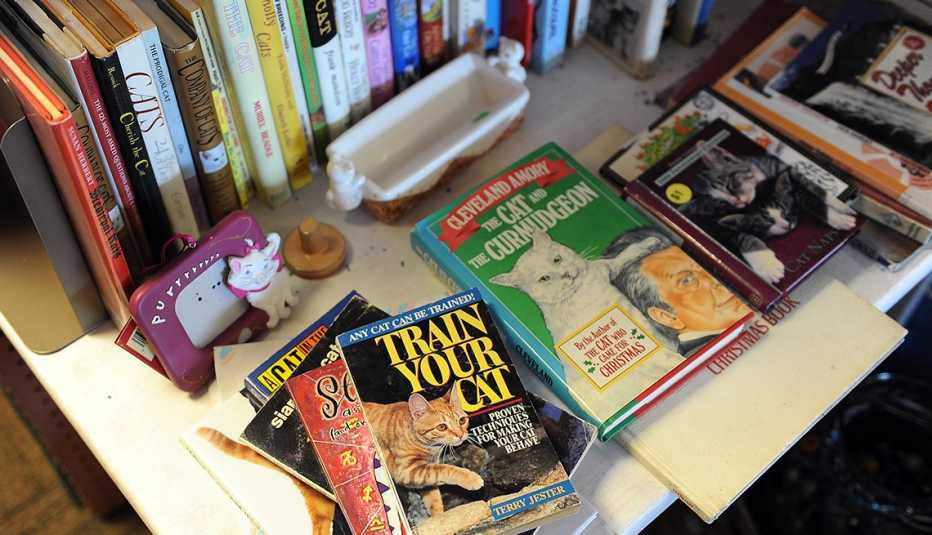Staying Fit
A well-conceived, well-tested household budget plan is the cornerstone of any sound financial strategy. Without this important tool, it’s difficult, if not impossible, to work toward a happy and secure retirement.
Now may be a good time to create that plan or revisit the one you have, especially with inflation at a 40-year high. Supply-chain issues and the war in Ukraine are also increasing the uncertainty about prices of goods and services.


AARP Membership— $12 for your first year when you sign up for Automatic Renewal
Get instant access to members-only products and hundreds of discounts, a free second membership, and a subscription to AARP the Magazine.
If only you could convince your partner of the wisdom of making a budget. As hard as you try, the two of you just can’t seem to agree on how to allocate the resources you have between you.
“Most of my couples have a saver and a spender,” says Tess Zigo, a certified financial planner (CFP) at Emerge Wealth Strategies in Palm Harbor, Florida. “In my marriage, I’m the saver, focused on long-term priorities. For us it’s a good balance because my hubby reminds me to spend on things we enjoy today, because life is precious and limited.”
Often, however, agreeing on a budget is easier said than done, says Sergio Garcia, a CFP at BFS Advisory Group in Dallas, Texas. “Everyone has their own history and experiences with money,” he says. “We develop notions around how what it means and how to use it. This leads to different priorities and feelings, whether we realize it or not.”
Is all lost? Not if you can begin to “talk money with your honey,” says Bob Wolfe, a CFP at RegentAtlantic in Morristown, New Jersey. “When we find a misalignment with a couple’s spending priorities, we revisit what’s most important to them individually and reconcile those differences.” Then you can move toward creating a budget and an overall financial plan while safeguarding your relationship. These suggestions can help.
1. Talk, don’t assume or shut down
First, a reality check. Make sure that you know for certain what your partner thinks about money. Avoid assumptions, as that’s how misconceptions arise. Nor should either of you take the easy way out and shut down. In the Fidelity study, 24 percent of respondents said they are often frustrated with their partner’s money habits but let the problem go to keep the peace.
Open, honest communication may not happen overnight; you may have to work toward it. While this process may be tricky, under the best circumstances, it can lead to a greater understanding and more compassion on both sides.
2. Admit when you need help, and find it
If you’ve been hitting a wall, then seek advice from a third party. A certified financial planner who’s willing to mediate and is adept at dealing with conflict can create the space for you to discuss your feelings, as well as draw out important information when one of you isn’t volunteering it. “This unbiased individual could be a therapist, coach or financial planner, depending on the circumstances,” says Marguerita Cheng, a CFP at Blue Ocean Global Wealth in Potomac, Maryland. The Financial Planning Association has a tool to help you find a planner in your area.
Ideally, you’ll begin to develop a unified vision so you can set joint goals. Partners who work with a financial adviser are more likely to find it easier to start money conversations, agree on a vision of retirement and feel confident about their financial health. You may want to look for a financial therapist. Members of the Financial Therapy Association are psychologists, marriage and family therapists, social workers, financial planners, accountants, counselors and coaches.


































































